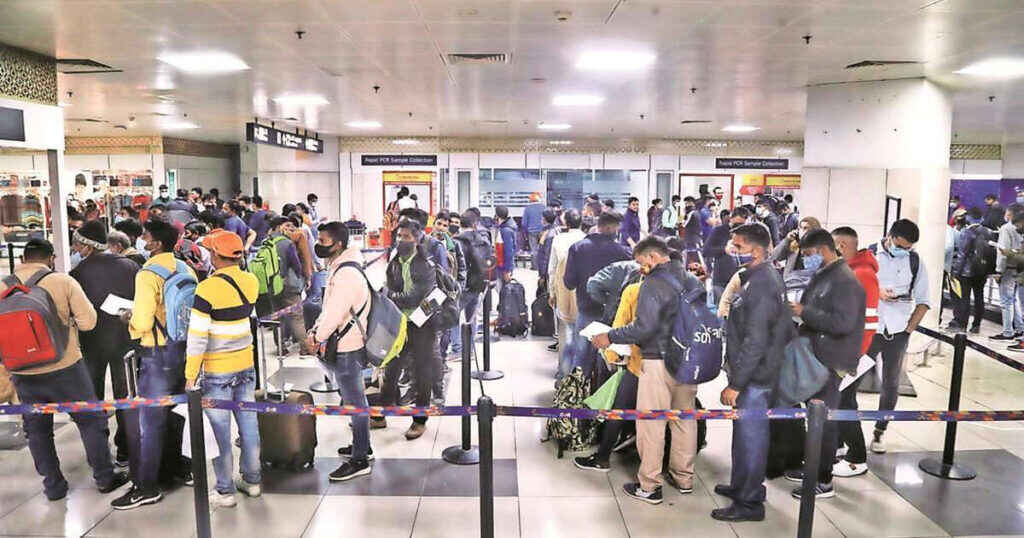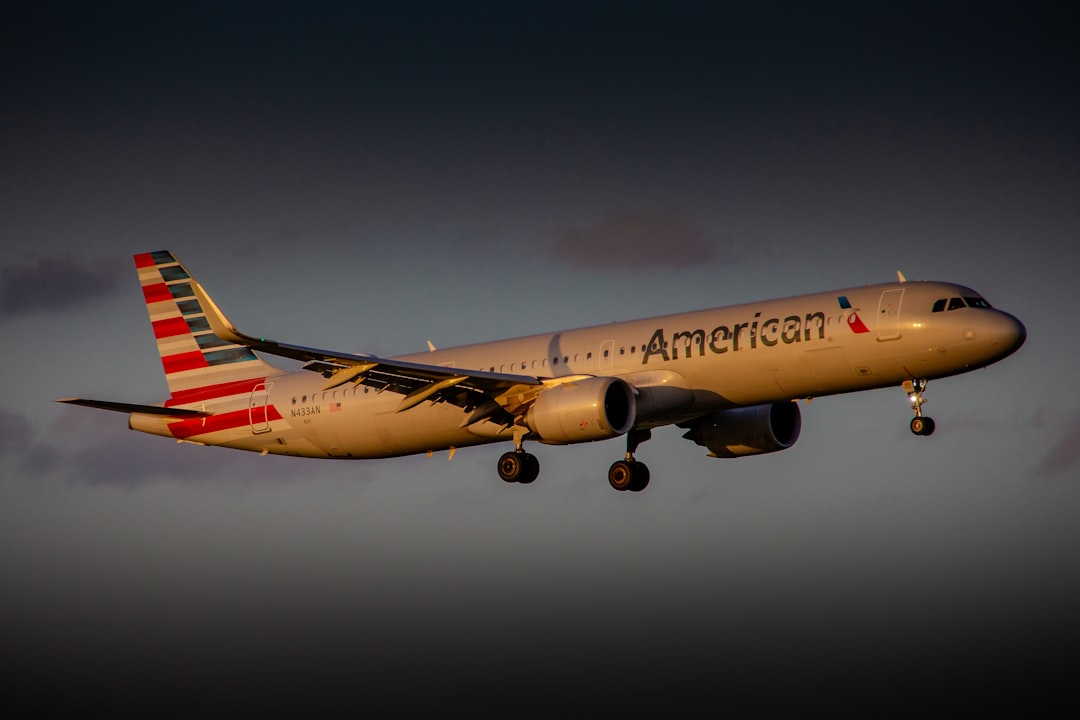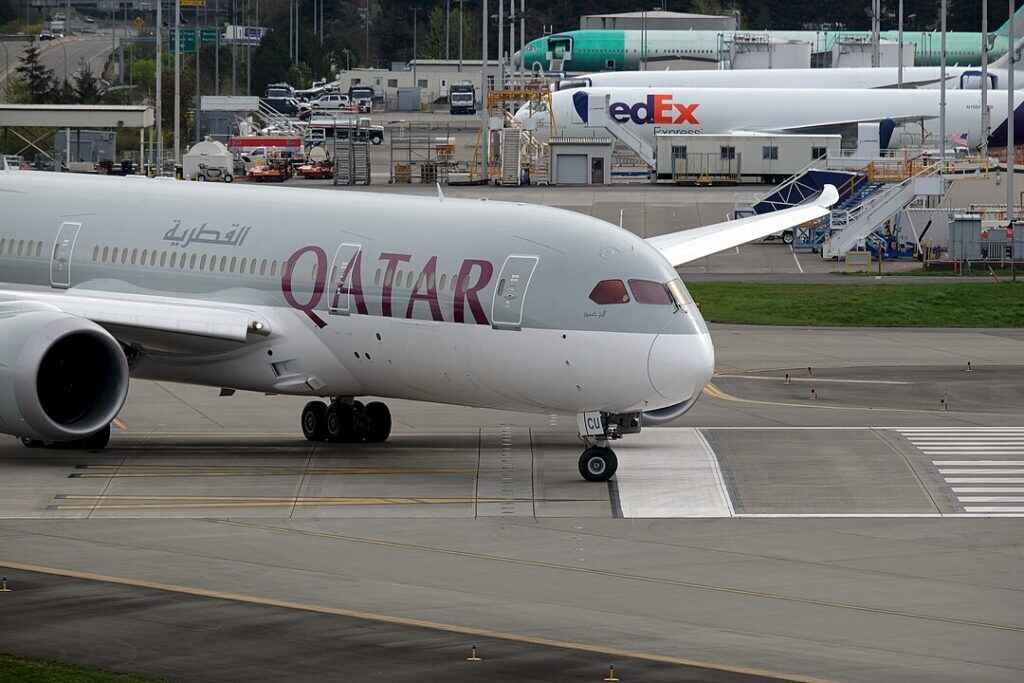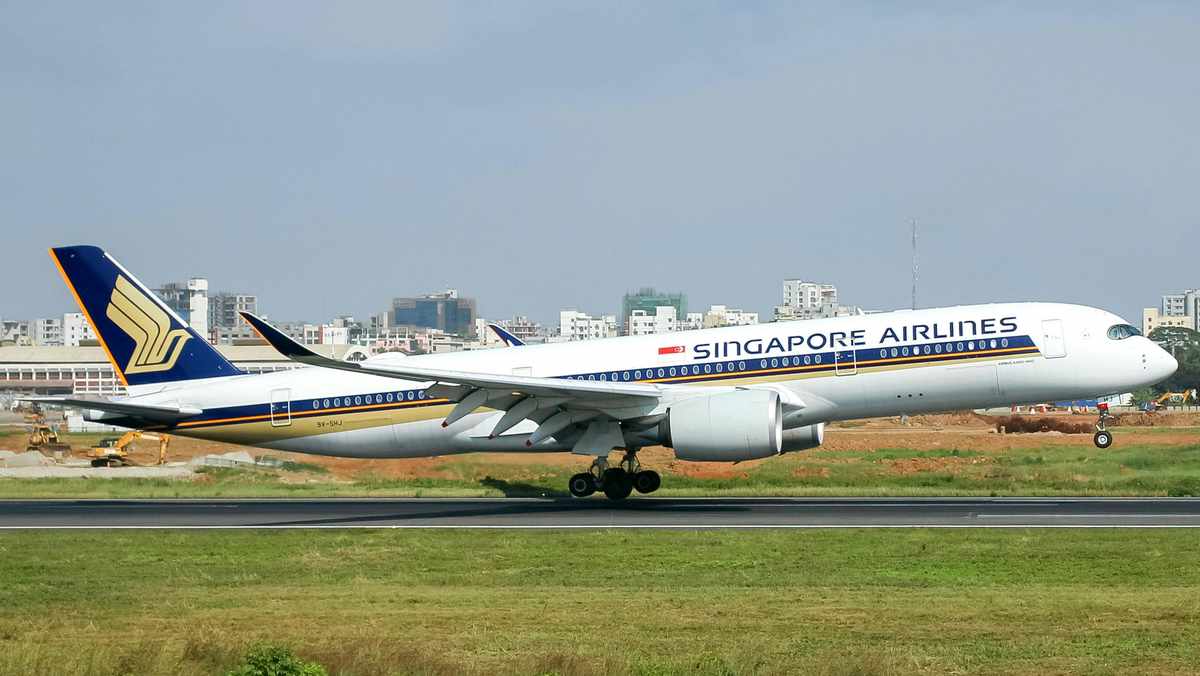(ABUJA) On August 5, 2025, a confrontation involving entertainer Kwam 1 at Nnamdi Azikiwe International Airport put a fresh spotlight on airport indiscipline across busy hubs worldwide. Two days later, Birmingham Airport in the UK halted operations after an emergency landing shut a runway, stranding crowds and feeding frayed tempers. Together, the incidents capture a 2025 travel season marked by rising tarmac chaos, stricter gate enforcement, and new security rules that aim to ease pressure but can also spark confusion.
Airport managers and front-line staff describe a pattern: policy changes reduce some friction, but one unexpected closure or celebrity dispute can quickly tilt crowded areas into conflict. In Abuja, videos of the August 5 scene spread fast on social media; in Birmingham, long queues, gate holds, and rolling delays fed anger as thousands missed connections. Airports and airlines say they are increasing staffing at pinch points and relying more on automated tools to keep boarding zones clear.

Policy shifts reshape security experience
In the United States 🇺🇸, the Transportation Security Administration ended the long-running shoes-off rule on July 8, 2025, part of a broader update meant to speed screening while keeping threat detection intact. DHS Secretary Kristi Noem framed the change as a hospitality and efficiency step that still protects security.
At the same time, the REAL ID requirement took effect on May 7, 2025, and compliance at airport checkpoints now stands at 94%, a rate that eases most lines but leaves a visible minority confused or turned back.
- According to analysis by VisaVerge.com, documentation rules are now the top flashpoint for disagreements at checkpoints, especially when travelers show non-compliant licenses or arrive without backup ID like a passport.
- TSA urges travelers to check REAL ID guidance before they fly; its public page at https://www.tsa.gov/real-id explains acceptable IDs and gives a state-by-state map.
- Power banks became a friction point in mid-2025: lithium-ion devices are banned from checked bags and allowed only in carry-ons.
- The old 3.4-ounce liquid rule remains in place, though airports are testing new scanners that may permit larger containers later this year or in 2026.
Airlines are adding digital tools at gates to manage boarding groups and cut pushing and crowding. For example, some carriers run software that:
- Blocks early scanner scans.
- Triggers an alarm when the wrong group tries to board.
- Denies the door until the correct group is called.
New U.S. Department of Transportation consumer rules also raised compensation limits for denied boarding and mishandled baggage:
- Denied boarding compensation (if prevented before stepping on aircraft): $775–$1,550
- Mishandled baggage claims: up to $3,800
Human impact and traveler guidance
The connection between operations and behavior is clear: when a runway closes, check-in systems time out, or a famous face argues with staff, emotions rise and rules get tested. At Birmingham Airport, thousands of flights and many more passengers felt the ripple from one emergency landing and a runway shutdown. In Abuja, the August 5 clash fed debate about respect for staff and how quickly airport indiscipline can cascade through a crowded terminal.
Security leaders argue that new tech — including facial recognition for boarding and AI tools that monitor crowd flow — can lower stress by removing guesswork and speeding decisions. Consumer groups counter that fast rule changes, unclear messages, and uneven rollouts leave many travelers unsure, especially those who fly only once or twice a year. Airlines say they support the tech but admit that weather, diversions, and staffing gaps still trigger gate pileups and on-tarmac confrontations.
For travelers, a few practical steps can lower the chance of a ruined trip and help keep tempers in check:
- Confirm ID now: make sure your license is REAL ID-compliant or bring a passport; without it, agents can deny screening or boarding.
- Pack smart:
- Keep power banks in carry-ons.
- Follow the 3.4-ounce liquid rule until officials announce a change.
- Arrive earlier than you think you need, especially during peak hours or if you don’t fly often.
- Wait for your boarding group; new gate systems flag early scanners and may call security if arguments start.
- If you’re bumped or your bag is delayed:
- Keep receipts.
- Ask about cash compensation, which now tops $775–$1,550 for denied boarding and $3,800 for baggage.
- Consider trusted traveler programs for international trips; the Global Entry fee is $120.
Plan for both smoother screening and sudden snags—because both are likely in the same trip. Pack patience along with your carry-on; respect ground staff directions even when the news is bad; and step away from any confrontation that looks ready to boil over.
Operational responses and industry perspective
Officials at several airports have apologized for delays and promised better crisis playbooks, including:
- Clearer audio messages.
- Overflow queuing zones.
- Faster escalation to customer care teams when tempers rise.
Industry groups led by Airlines for America, whose CEO Nicholas E. Calio backed recent TSA steps, say close coordination between airports and carriers will matter most during irregular operations.
Yet real-world limits remain: as Birmingham Airport learned, one emergency can undo any schedule, and the resulting uncertainty can spark conflict. The most powerful mitigation, many experts say, is basic courtesy paired with clear, steady communication.
Looking ahead
As the Abuja and Birmingham cases show, airport indiscipline isn’t a single-country problem; it’s a shared test for airports that move millions and for the travelers who pass through them. New tech and rule changes can help, but the simplest tools remain:
- courtesy
- clear communication
- better contingency planning
In the weeks ahead, officials at Nnamdi Azikiwe International Airport and Birmingham Airport will watch whether the July 8 shoes policy shift and May 7 ID rules dampen flashpoints or shift them elsewhere.
This Article in a Nutshell
Airport chaos surfaced after Kwam 1’s August 5 clash and Birmingham’s emergency landing. New July 8 TSA rules, May 7 REAL ID enforcement, tech boarding controls, and higher compensation aim to reduce conflict—but policy shifts and delays still spark confusion and confrontations at busy terminals worldwide.













